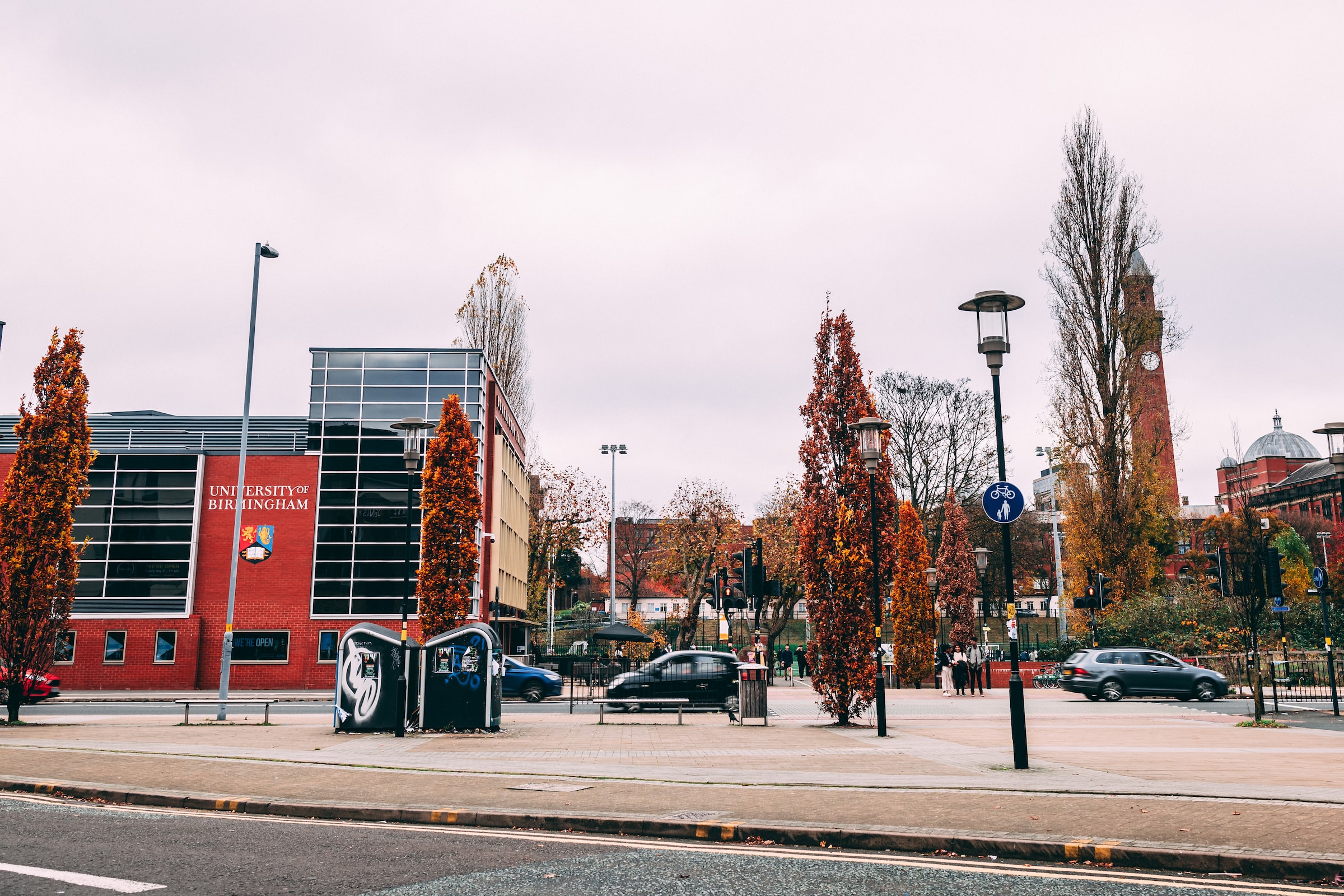
Comment Writer Esther Purves re-examines Extinction Rebellion, asking if they can overcome recent controversy
After a highly publicised attack on the London Underground, environmental activist group Extinction Rebellion faced a city-wide ban in London. Although Metropolitan Police deemed it the only way to tackle widespread disruption, the ban was contested in the high court, which went on to rule in favour of the activist group on the grounds that the act is in place to ‘manage’ and not ‘prohibit’ the activities of campaigning groups. This ruling eradicates the Metropolitan’s ability to impose a ban prior to protests beginning; a clear win for Extinction Rebellion. But is this freedom limited? Amidst speculation that the Government is pressing the police for greater control over the group, XR could have only a short time to get their demands met. This ruling should be seen as a push to create educated and effective protest strategies in place of reliance on theatrical spectacle to achieve their goals.
The extent of consideration behind the tube protest can easily be called into question. In possibly the most controversial protest, activists climbed onto trains at Stratford, Canning Town and Shadwell during rush hour. The protest caused eight arrests and temporary suspension of the Jubilee Line and Docklands light railway, wreaking havoc to the regular tube users. There is a distinct discontinuity between the groups that Extinction Rebellion targeted and the groups that bear the responsibility of climate change. It is a huge risk to disenfranchise the working classes from the XR cause
This pattern of theatrical spectacle could continue to disenfranchise minorities from XR protests. Writing for The Guardian, Athian Akec argues the exclusive nature of XR, deeming it designed for the white middle class. Glamorisation of arrest is the epitome of this privilege; Akec highlights this discomfort for groups that have had adverse relationships with the police. Glamorisation of arrest is the epitome of…privilege
Acknowledging the failure of the tube protests, senior figures of Extinction Rebellion have apologised on account of ‘people [having] given up their jobs to join XR, for them to be so upset and so dismayed by the action is an absolute pointer to us that we have to look again at how we make those decisions.’ Indeed, future plans for the group’s protests are more promising; plans to target iconic buildings in the capital will enhance the narrative that climate change responsibility lies with large corporations and governments, rather than the commuting individual. This movement has never been more essential than now
Comments